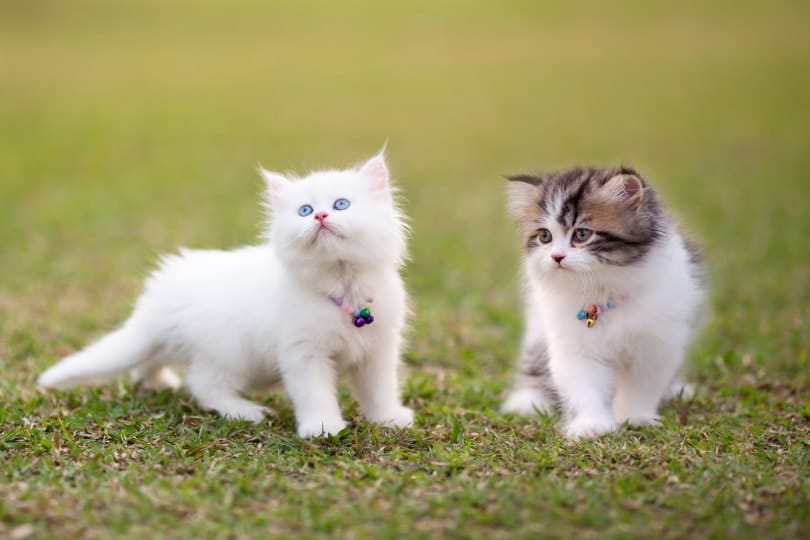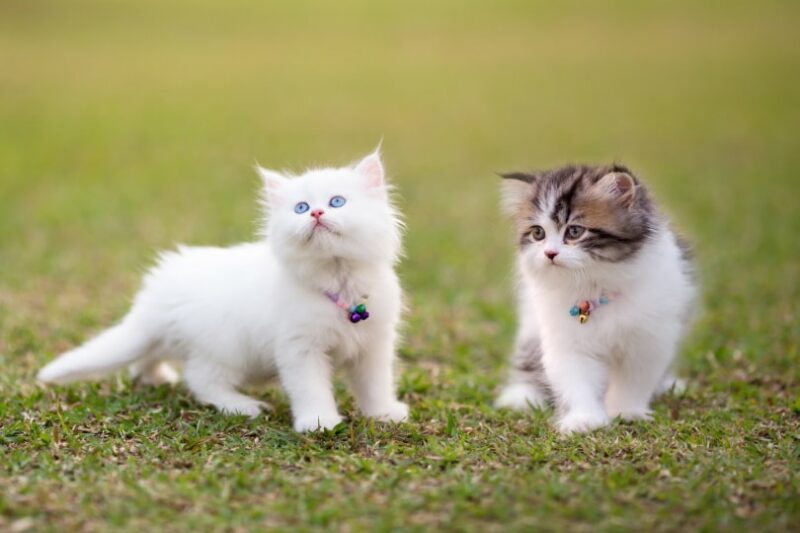Catster advocates for adopting before shopping, though we fully understand there are many reasons for seeking a breeder. So, we encourage it to be done the right way. We have not personally visited or investigated all of the breeders below. We have put the top-recommended all in one place for you to get in touch and make the best decision for you. Learn more about our stance and how to choose the right breeder here.
Are you looking for a new kitten to add to your home? Then, you might want to consider getting a Persian. These fluffy kittens are adorable, cuddly, and sweet and make lovely family pets!
If you’re located in Mississippi and have been looking for a breeder of Persian kittens, you might have grown a bit frustrated in your search since there are only a few breeders. However, we’ve compiled a list of the breeders in Mississippi who raise Persians, so you’ll have an easier time finding your new pet and getting them home quickly.
The 2 Persian Kitten Breeders in Mississippi
1. Ceimycat

- Clarksdale, MS
This cattery in the Heart of the Mississippi Delta focuses on Himalayan kittens, but they also raise Persians. Kittens are available to move to their new home at 12 weeks of age and will have been spayed or neutered before doing so. They also will have had two rounds of shots. Unfortunately, this cattery does not ship kittens, so you’ll need to be prepared to pick your new furry friend up.
2. Southern Persians

- Brandon, MS
This small breeder produces CFA-registered Persian kittens in several colors, including smoke, black smoke, silver, calico, tortie, tabby, and color points. Kittens arrive at their new families having had their first rounds of shots, and they also come with a health certificate.
The owner spends lots of one-on-one time with each kitten, so they’ll be used to people and sounds when they reach their new homes. The owner will also send you pictures and updates each week while you’re waiting for your new kitten to be old enough to join you!
You’ll find plenty of good reviews for this breeder, with one new pet owner saying, “We had the best experience with Leah from start to finish. I was most impressed with her communication skills and knowledge. When Poncho came home with us, he was perfectly litter box trained and was not intimidated meeting new humans or our other cat. I would recommend Southern Persians to anyone looking to add a cat to the family.”
- Related Read: Are There Wild Cats in Mississippi?
Featured Photo Credit: Yossapong tulachom, Shutterstock











